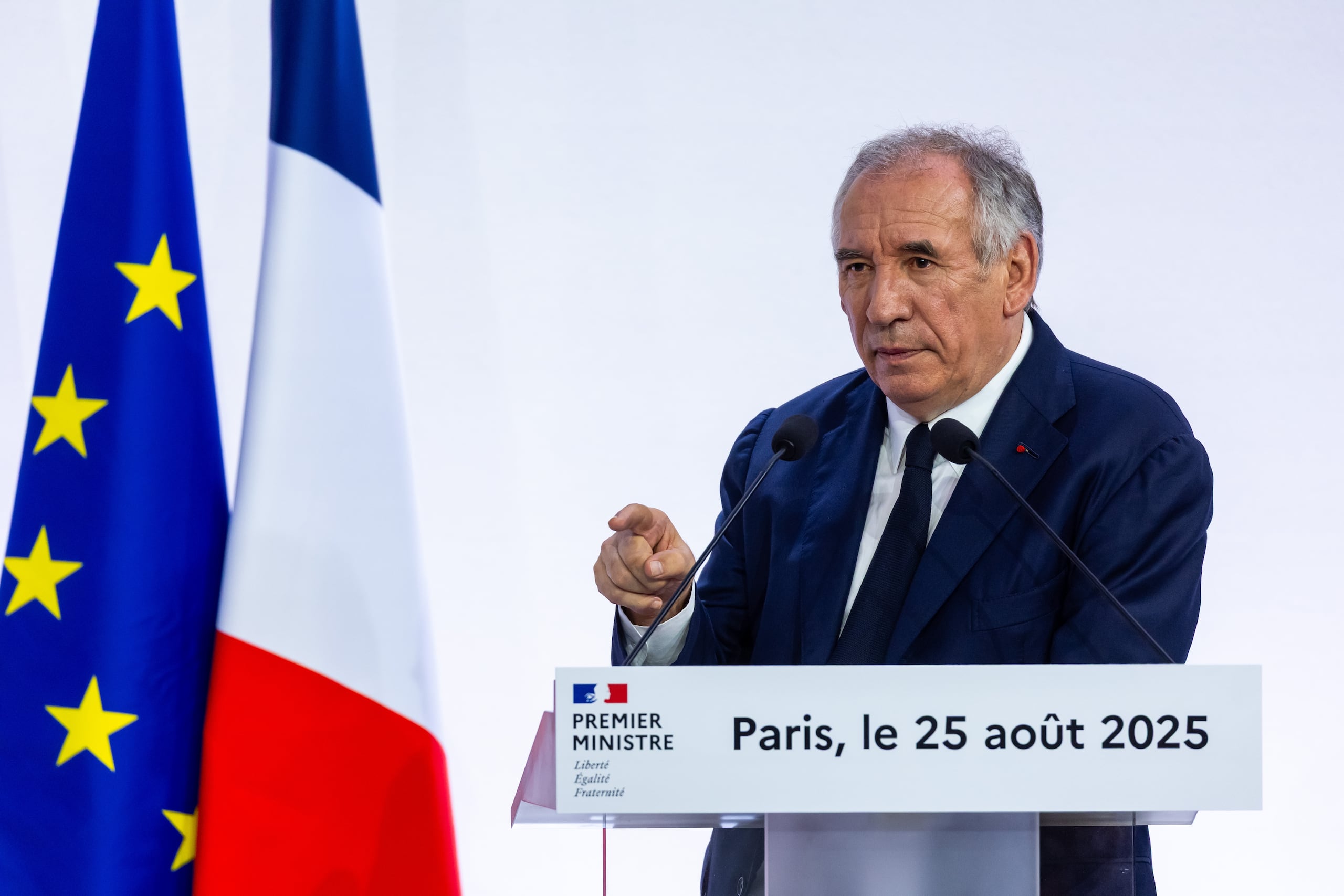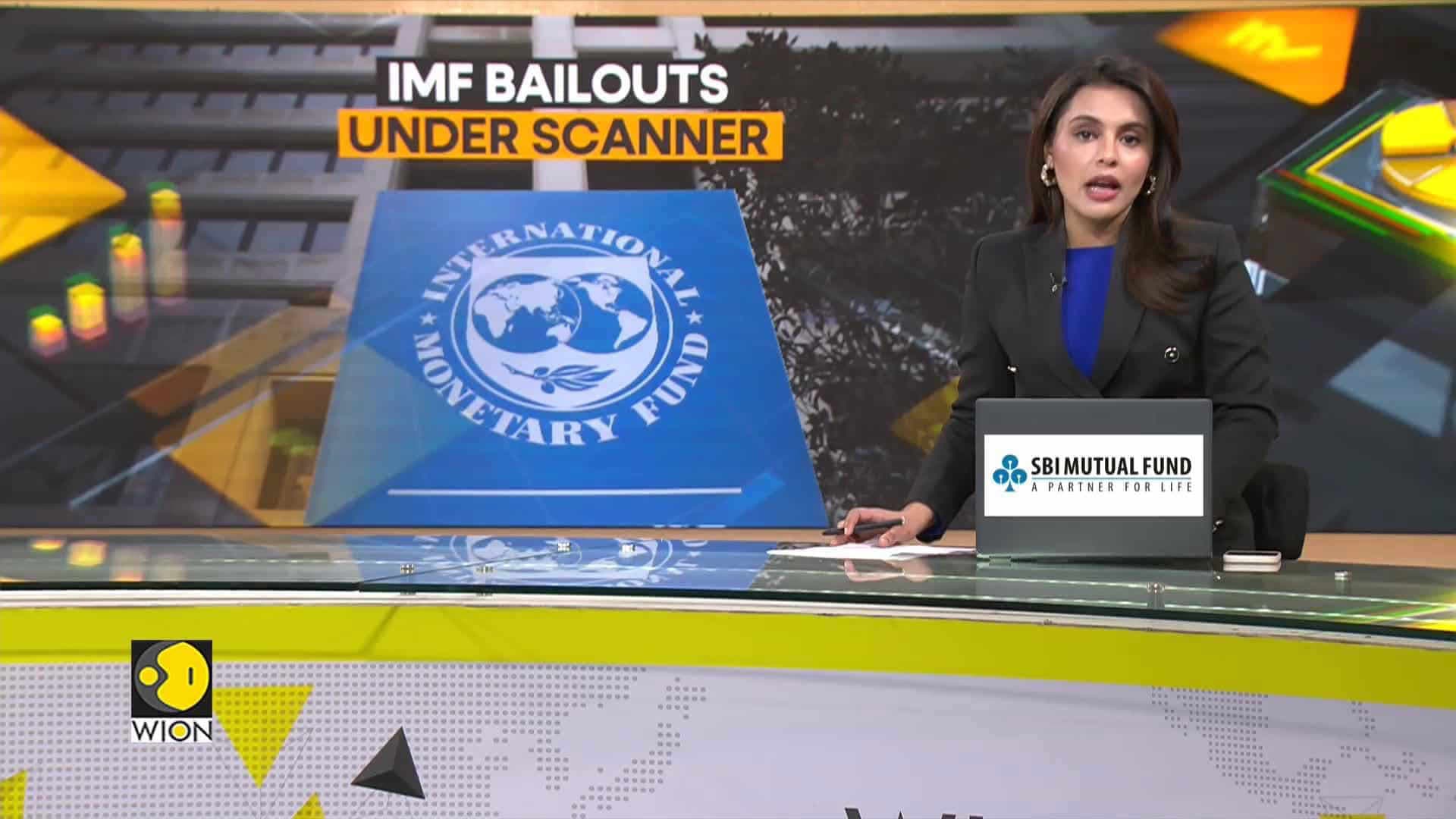France is facing a potential bailout from the International Monetary Fund (IMF) as political instability threatens the nation’s economy. Economy Minister Eric Lombard made the announcement amid speculation that President Emmanuel Macron"s minority government may collapse next month following Prime Minister François Bayrou"s call for a confidence vote in parliament.
The political landscape is fraught with tension, as opposition parties, ranging from the radical left France Unbowed to the populist right National Rally, are expected to support a motion to oust the cabinet. Bayrou"s confidence vote has been criticized as “suicidal” by members of his own party, raising fears of a leadership vacuum at a time when France grapples with a staggering €3.3 trillion debt and a projected deficit of 5.4% of GDP this year.
The turmoil has already impacted investor confidence, pushing the ten-year bond yield above 3.5%, a level not seen since the 1960s when French yields were higher than Italy"s. Lombard warned that France"s debt costs could soon surpass those of Italy, marking a significant decline for a country that once boasted economic stability.
In response to the crisis, Bayrou has proposed drastic spending cuts and tax increases totaling €43.8 billion, including unpopular measures such as the abolition of two bank holidays and cuts to healthcare. However, these proposals have faced widespread backlash, leaving the government’s future—and the nation’s economic stability—hanging in the balance. As previously reported, the political and economic landscape in France continues to evolve amid these challenges.

Image for France Faces IMF Bailout as Political Turmoil Threatens Economy







![[Video] Gunfire between Iraqi security forces and Sadr militias in Baghdad](/_next/image?url=%2Fapi%2Fimage%2Fthumbnails%2Fthumbnail-1768343508874-4redb-thumbnail.jpg&w=3840&q=75)
